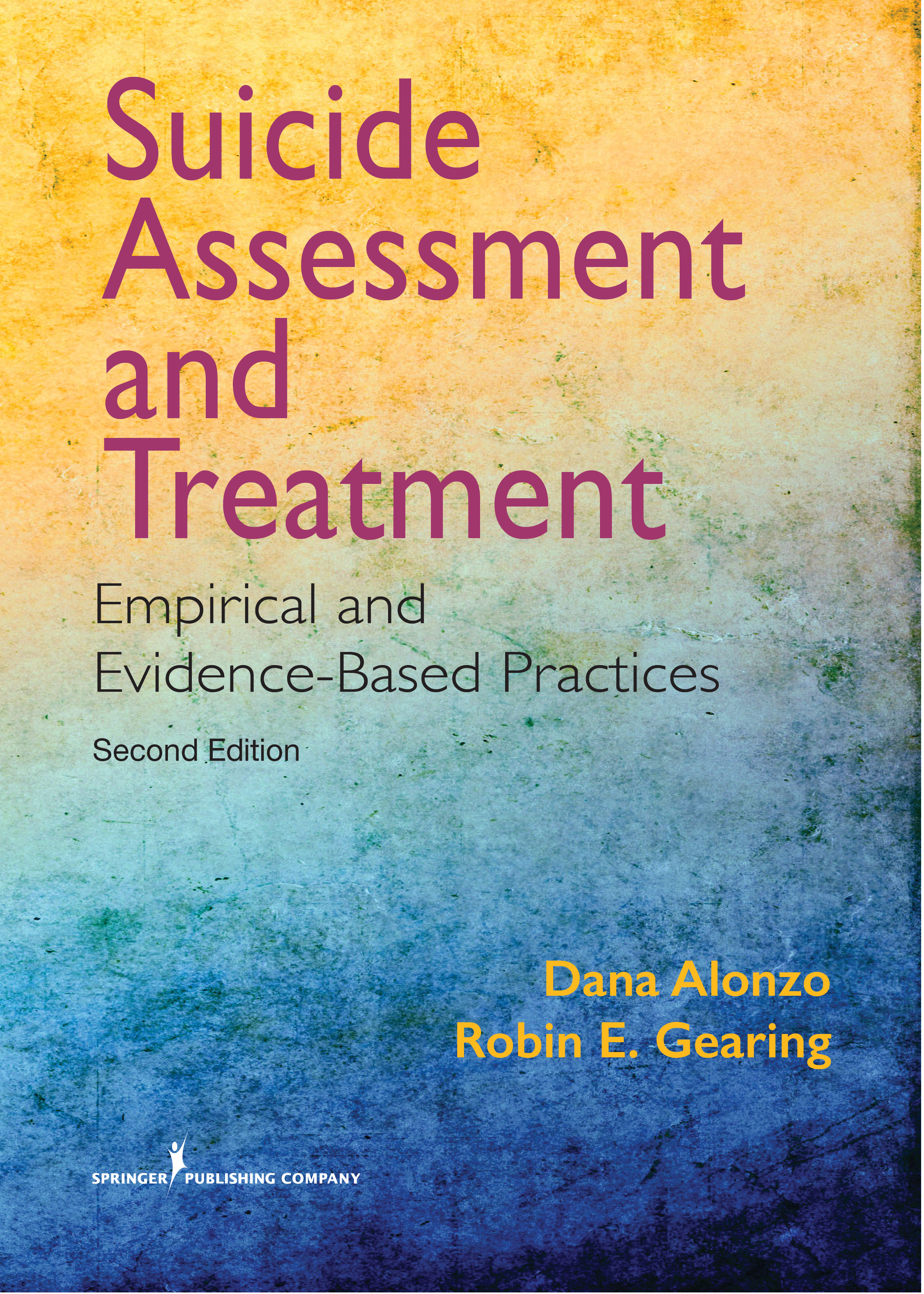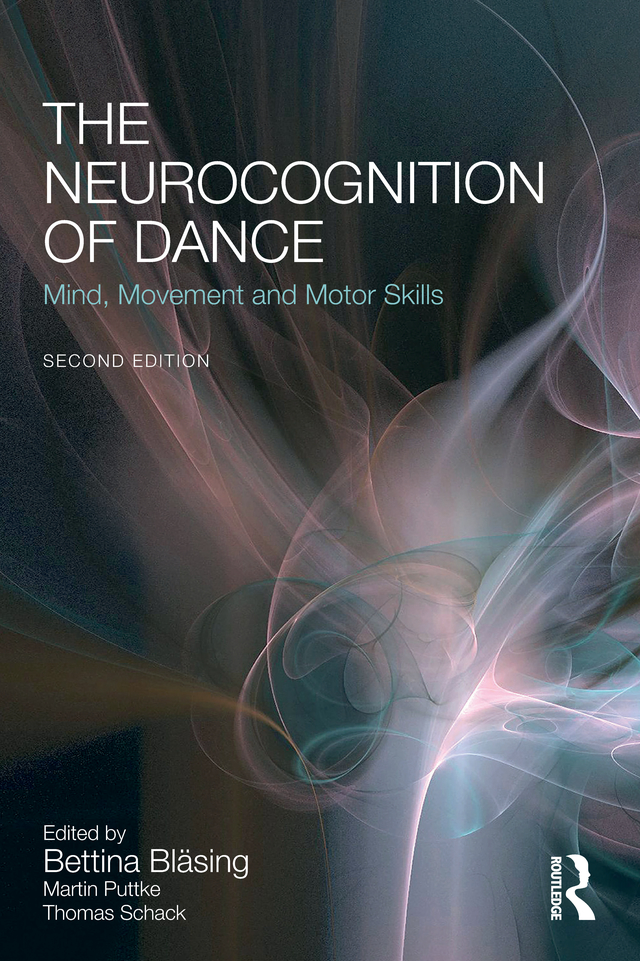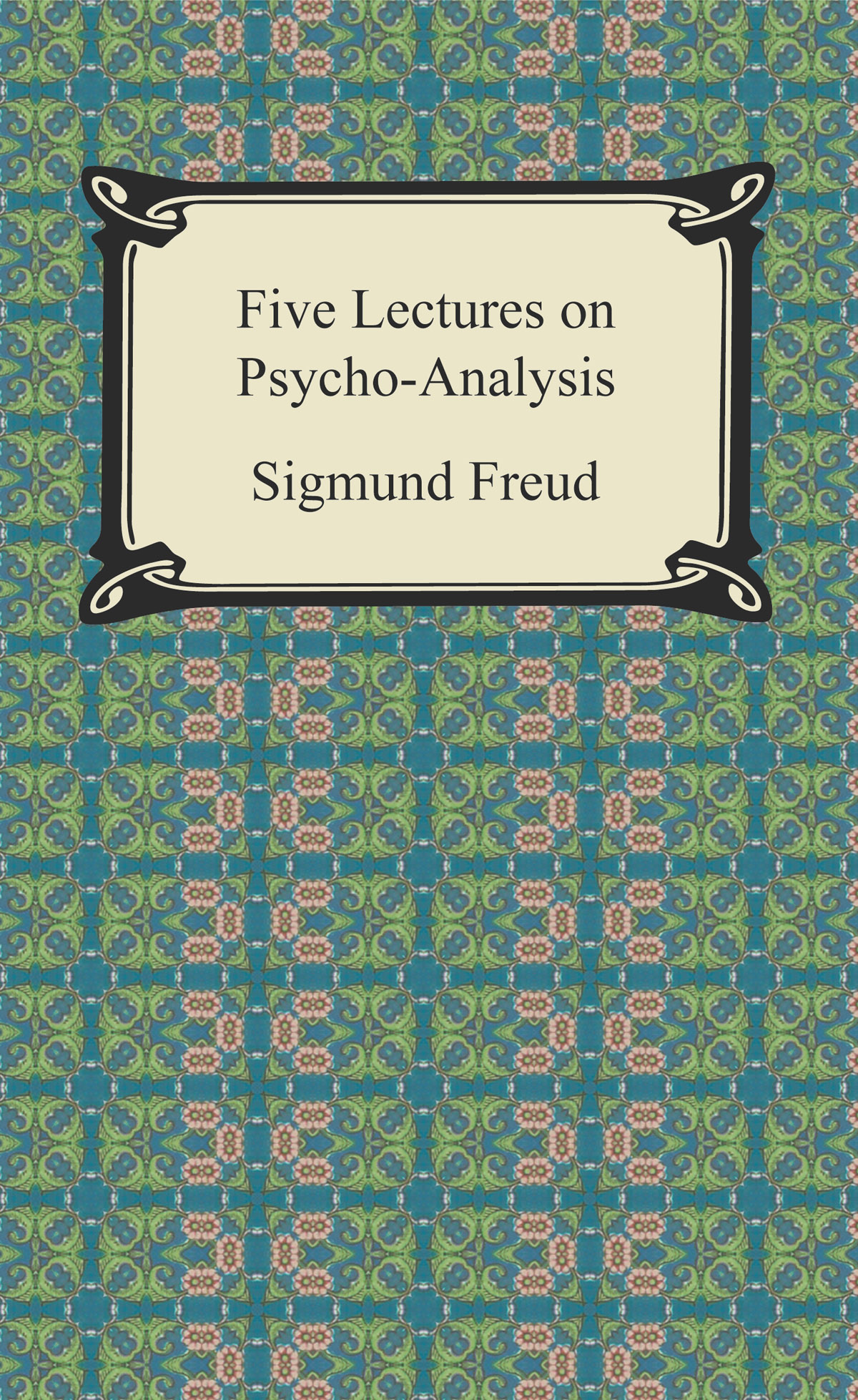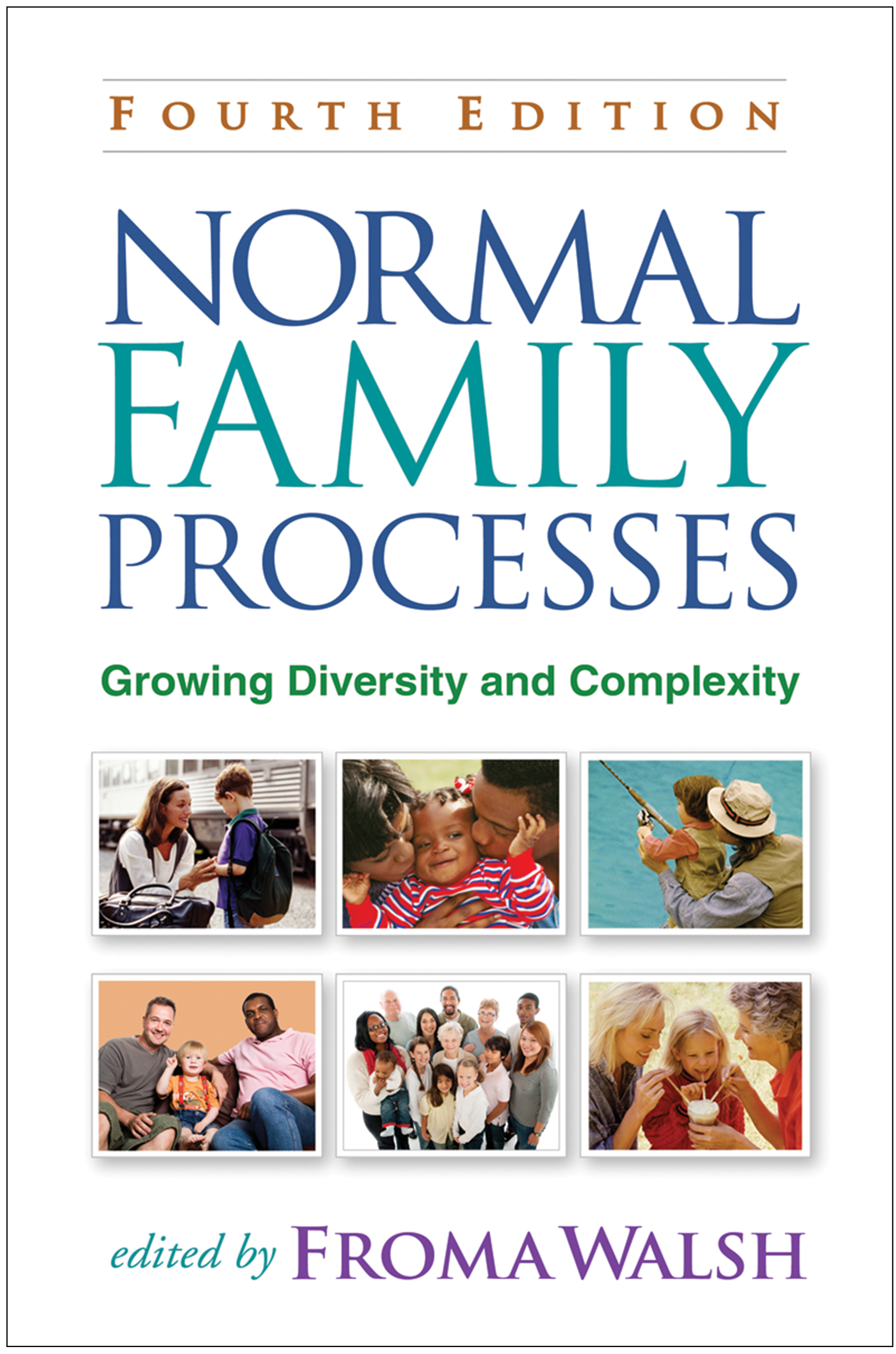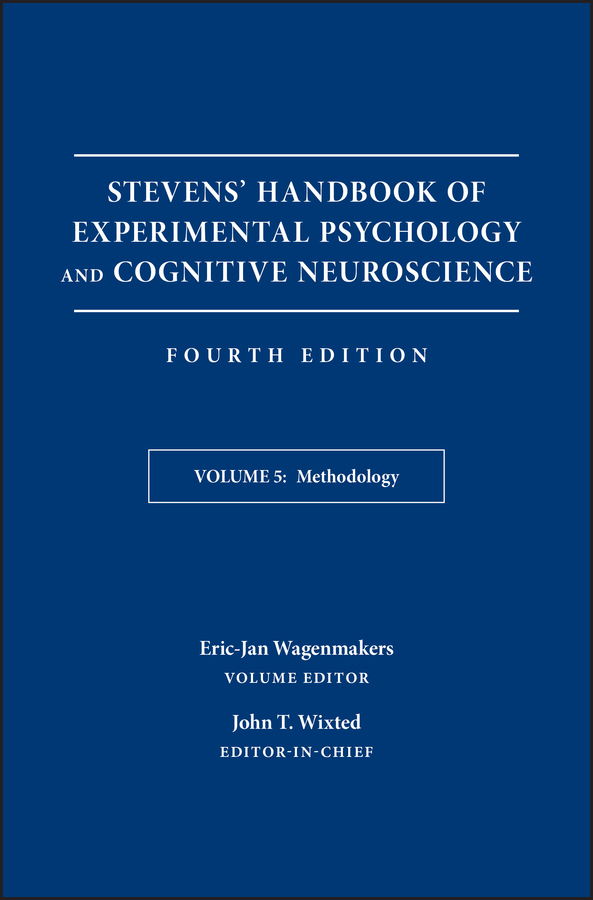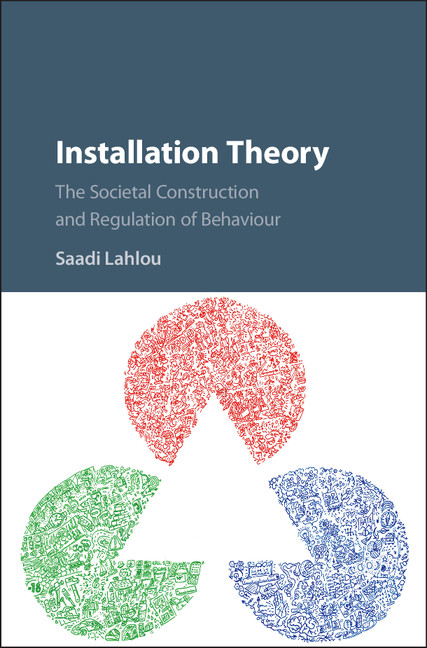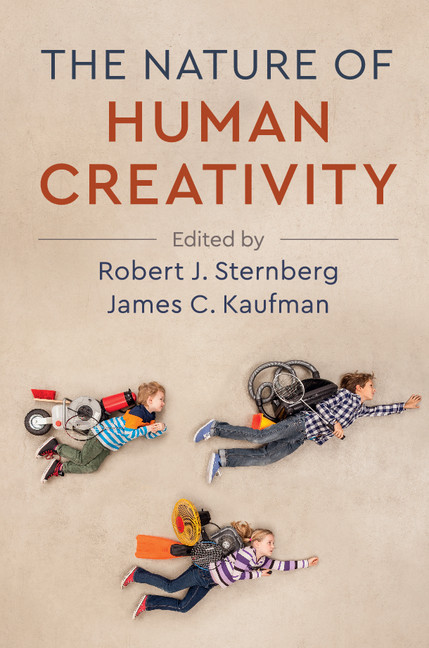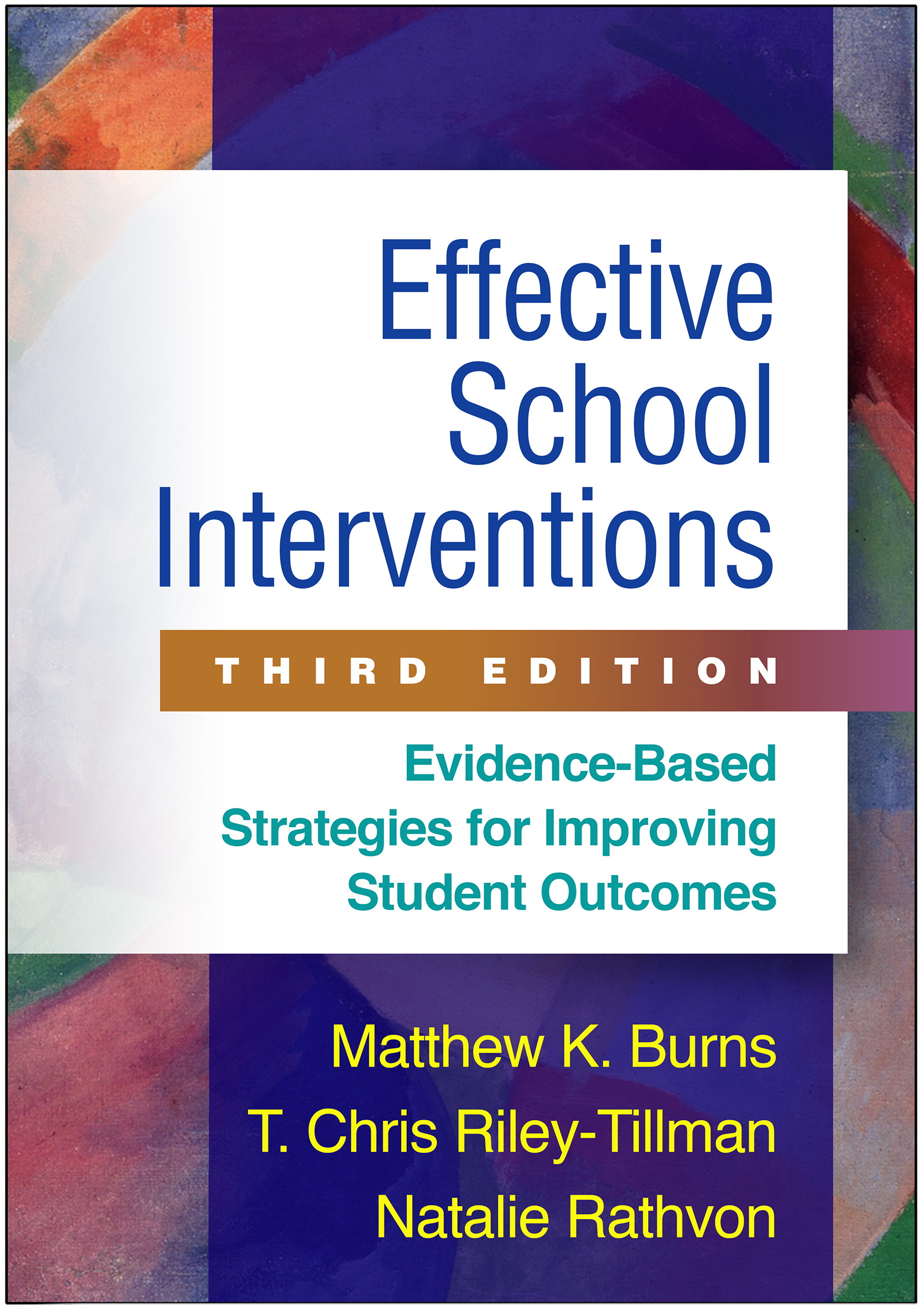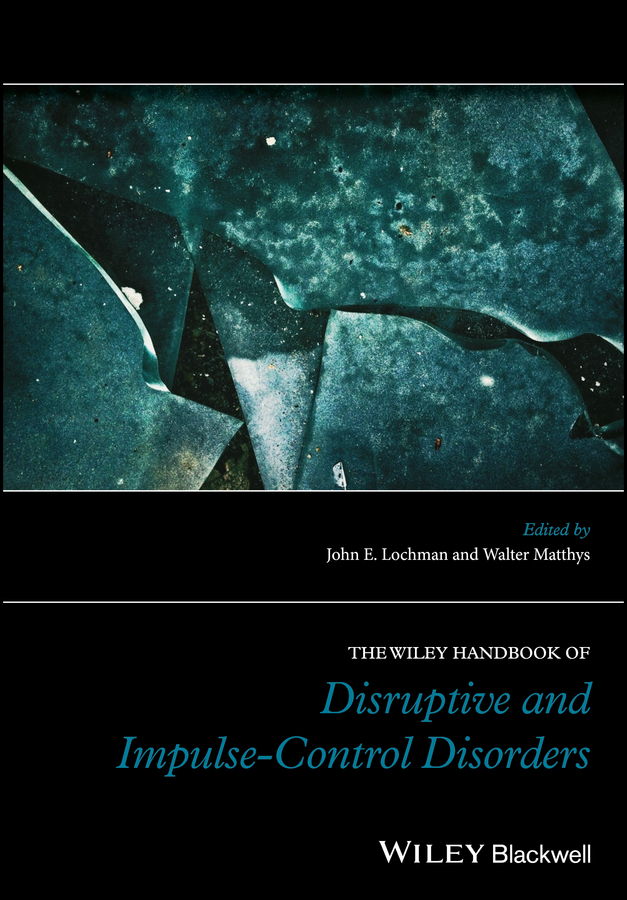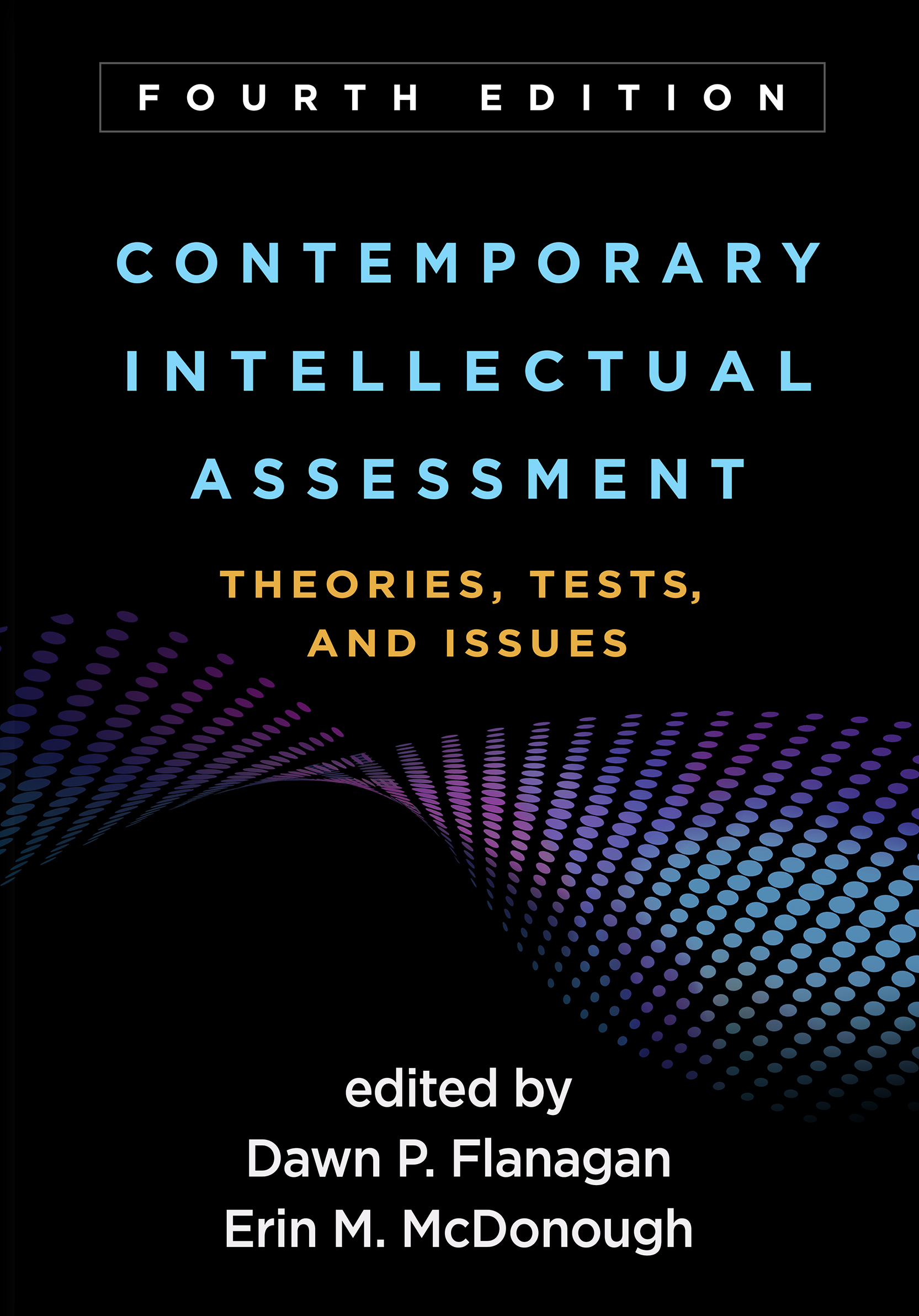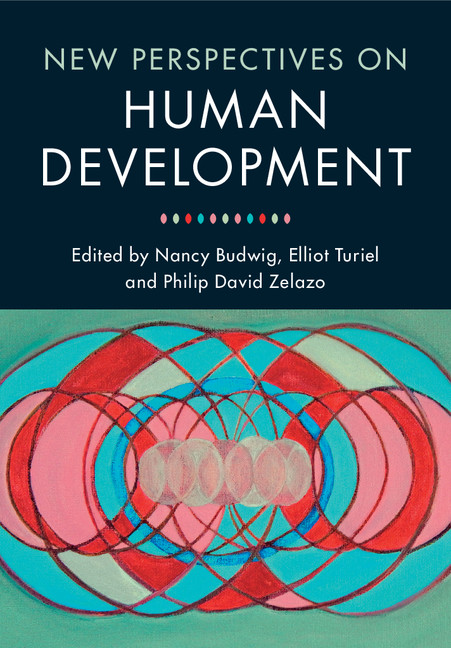Clinical Neuroanatomy : A Neurobehavioral Approach
by John Mendoza
2020-07-22 20:24:35
Clinical Neuroanatomy : A Neurobehavioral Approach
by John Mendoza
2020-07-22 20:24:35
A major focus of clinical neuropsychology and cognitive-behavioral neurology is the assessment and management of cognitive and behavioral changes that result from brain injury or disease. In most instances, the task of the neuropsychologist can be di...
Read more
A major focus of clinical neuropsychology and cognitive-behavioral neurology is the assessment and management of cognitive and behavioral changes that result from brain injury or disease. In most instances, the task of the neuropsychologist can be divided into one of two general categories. Perhaps the most common is where patients are known to be suffering from identi?ed neurological insults, such as completed strokes, neoplasms, major head traumas or other disease processes, and the clinician is asked to assess the impact of the resulting brain damage on behavior. The second involves differential diagnosis in cases of questionable insults to the central nervous system. Examples of the latter might be milder forms of head trauma, anoxia and dementia or suspected vascular compromise. In either instance, understanding the underlying pathology and its consequences depends in large part on an analysis of cognitive and behavioral changes, as well as obtaining a good personal and medical history. The clinical investigation will typically include assessing problems or changes in personality, social and environmental adaptations, affect, cognition, perception, as well as sensorimotor skills. Regardless of whether one approaches these questions having prior independent con?rmation of the pathology versus only a suspicion of pathology, a fairly comprehensive knowledge of functional neuroanatomy is considered critical to this process. Unfortunately as neuropsychologists we too frequently adopt a corticocentric view of neurological de?cits. We recognize changes in personality, memory, or problem solving capacity as suggestive of possible cerebral compromise.
Less







